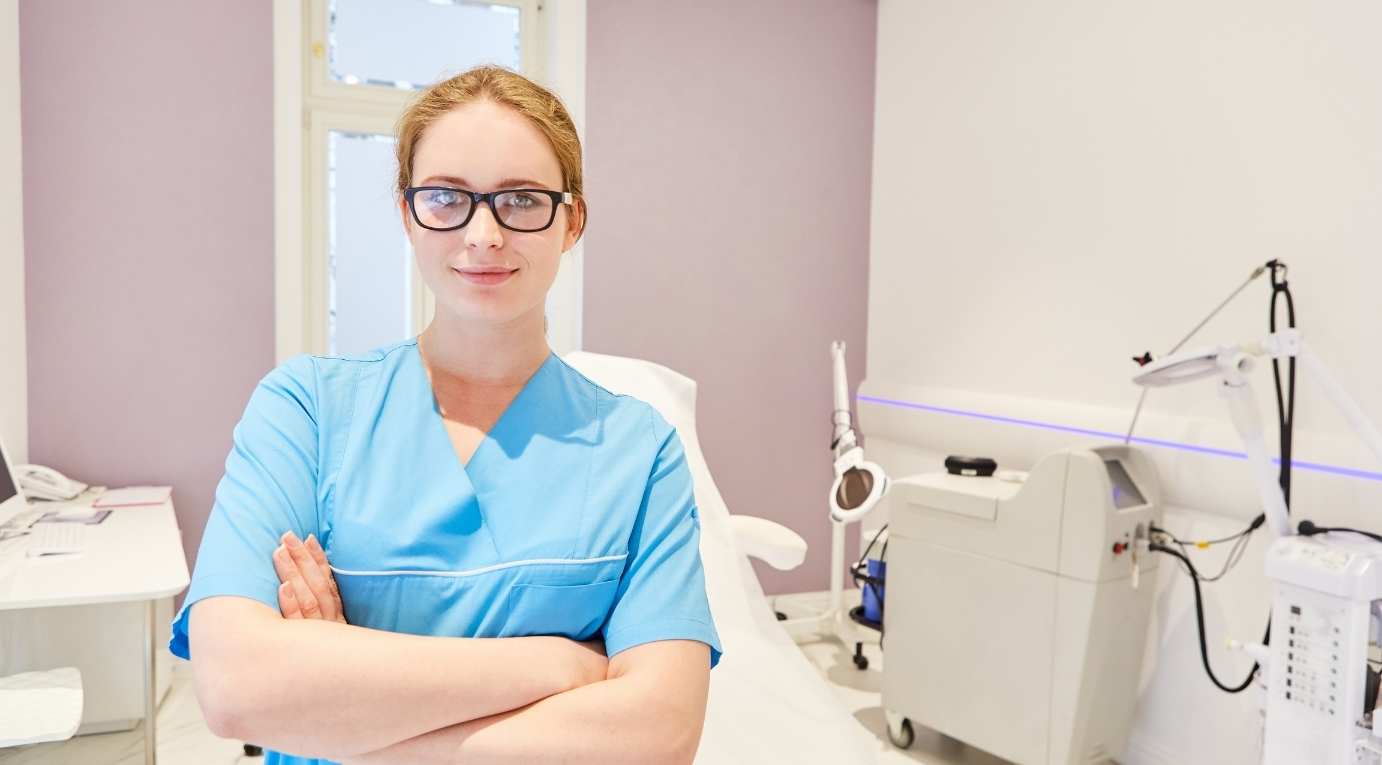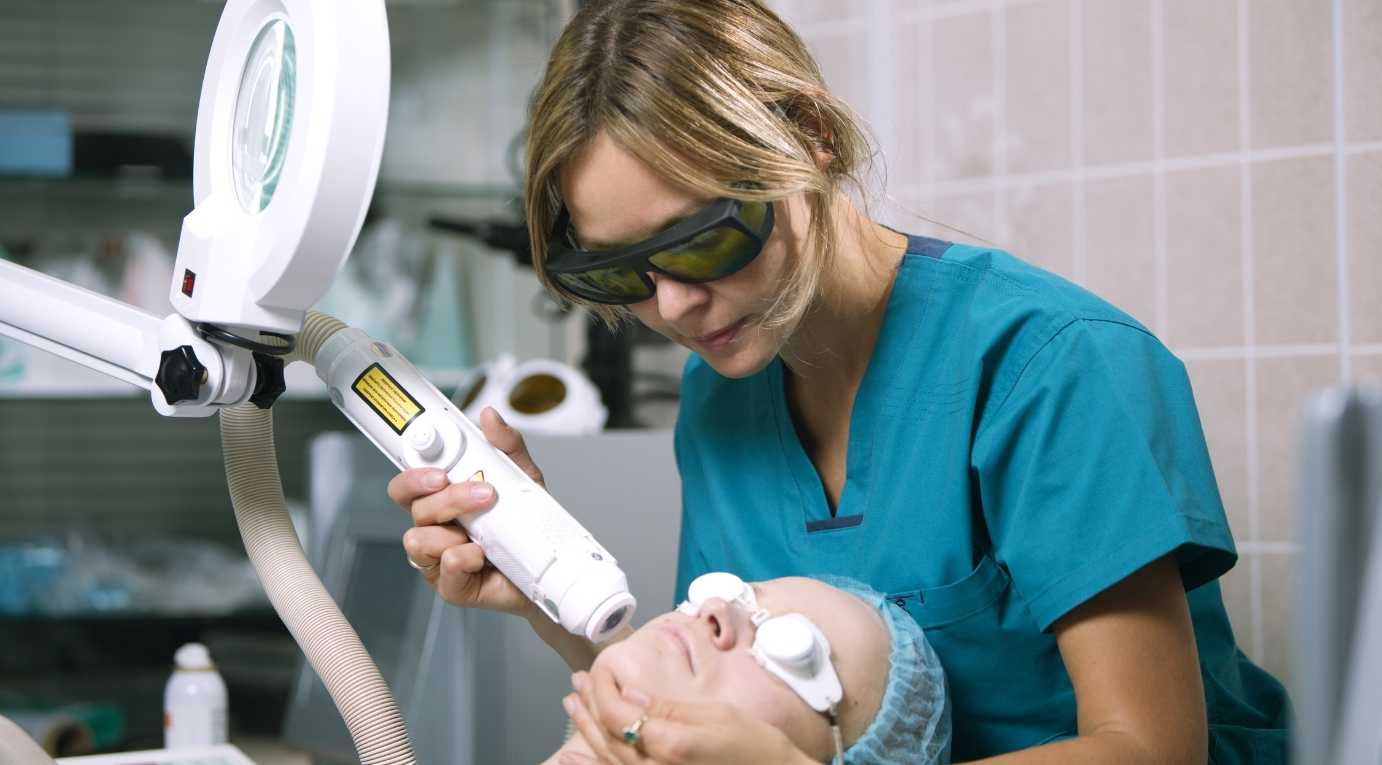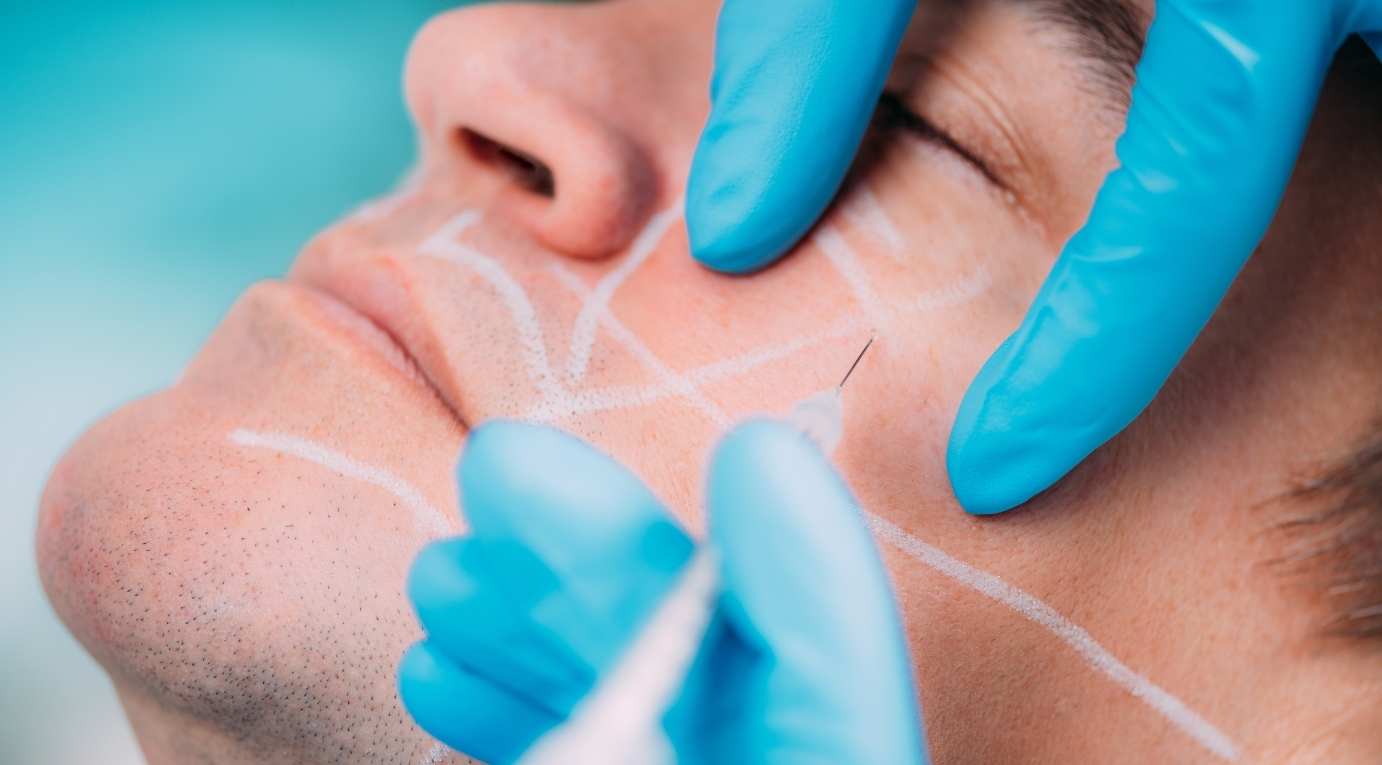What do you do as a cosmetic scientist?
As a cosmetic scientist, you will be involved in the research and development of cosmetics from concept to the production line. You must ensure that they do what is intended while being safe for consumers – this means working at various stages throughout the product life cycle with deadlines looming overhead every day!
The job title “Cosmetic Scientists” may sound intimidating but it’s really not all that difficult if one has creative skills or enjoys color-sense–both essential ingredients when making beauty products nowadays thanks largely due consumer demand.
Personal Attributes:
To be a cosmetic scientist, you must have a creative mind and excellent attention to detail with good sensory perception. You also need laboratory skills in order for your work not only to look perfect on the outside but inside too!
Outlook:
Cosmetic scientists have a variety of opportunities to work on projects in the cosmetic industry, including organic and fair-trade products. As consumers live longer with an increased interest in their appearance this demand by itself creates a great opportunity for innovation within these fields which then provides more jobs overall because there is always room left over from what’s already being made!
Related Professions:
Perfumer:
There’s no doubt that a perfume artist is something special. They have an incredible sense of smell and can paint the scenery with their compositions using only scents! For those who would like to follow in these footsteps, ESACS offers courses for students interested in becoming professional perfumers. If you’re looking into studying business management alongside fragrance designing, then there are opportunities available via our programs in collaboration with Rushford Business School – we offer both degrees specifically tailored towards this field too so make sure not to miss out on any opportunity
Fragrance Evaluator:
Evaluating fragrances is an important job that involves translating intangible descriptions from clients. However, it doesn’t stop there because they have to work closely with the perfumer in order to interpret these briefs and bring imagination into reality for new products as well! Training usually comes by way of on-the-job training at entities such as allergists’ offices or laboratories where aspiring evaluators can learn how to prepare compositions based on various brief phrases given during interviews before being hired full time–ESACS offers provides both courses about business management & fragrance-making through its master in the cosmetic science program.
Work-Life Balance
Anyone who has a job where they are required to work in production or quality control will know that it can be quite hectic. You might find yourself wearing protective clothing at times, depending on what tasks need completing- especially if there are any hazardous substances involved! Other times you’ll just need your badge for convenience’s sake as all visitors must register their details before being allowed entry into these areas; this way we know exactly how much space each person takes up so no one gets too close favorites whilst working together efficiently towards achieving organizational goals.



